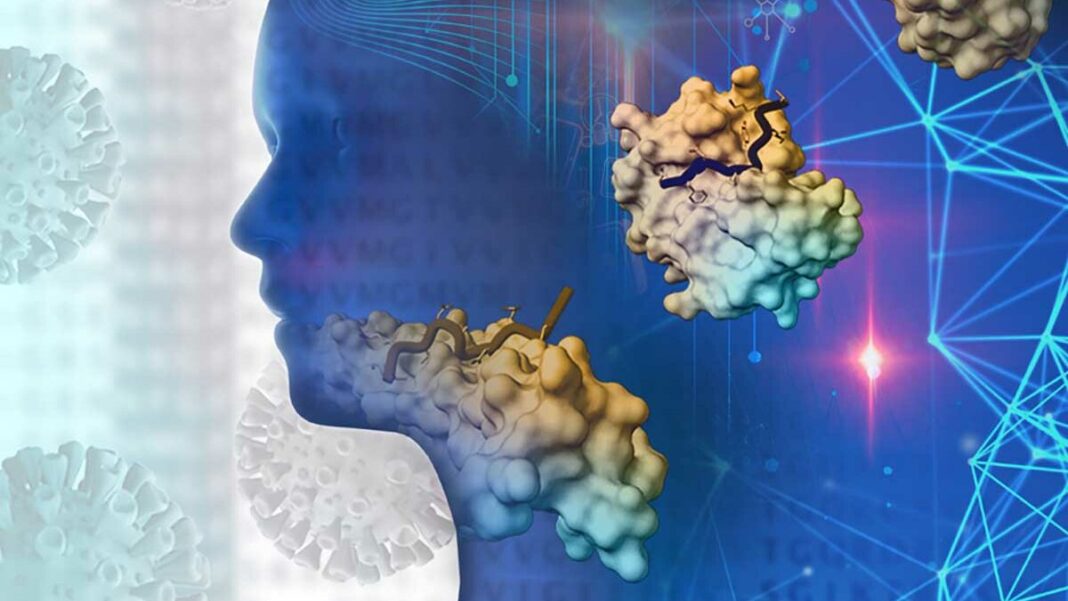Pain can be an immense challenge to anyone that experiences it. But it can often be managed, or even healed, with the right holistic approach. The methods involved with holistic approaches have a particular emphasis on wholeness, unity, balance, and harmony between the body, mind, and spirit, making them a great option for managing and healing pain. In this article, we’ll take a look at the various holistic approaches to pain management and healing.
1. Navigating the Journey of Holistic Pain Management
Managing pain in a holistic manner means focusing on multiple aspects—physical, emotional and mental—rather than relying on pain killers alone. Yet without an effective plan, embarking on this journey can be daunting. Here are some tips to help you feel in control and get the best outcome.
- Start small. You don’t need to do everything all at once. Take your time to establish new habits.
- Get organized. Keep all relevant information in one place—including doctor’s appointments, contact information for healthcare providers and writings of your symptoms and what helps.
Having an understanding of how your body works and the underlying causes of your pain will be invaluable when building your holistic approach. Take the time to read up on the various treatments available. These could include physical therapies, like massage or exercise, to diet and stress management techniques.
- Be open to trying different therapies. Not every intervention will have an impact, but track your progress and keep trying until you find something that works.
- Set realistic goals. Make sure your expectations are achievable. Achieving even the smallest successes adds up and helps to create a positive attitude.
2. Investigating the Benefits of Non-Medical Remedies
So, you may be wondering if there are any benefits to using non-medical remedies? The answer is an astounding ‘yes’! In this section, we’ll explore some of the main advantages of pursuing these types of treatments for a variety of conditions.
Cost – Non-medical remedies are often cheaper than opting for traditional treatments. They are easy to find and sometimes free. This means that anyone can make use of them, which is a great bonus for those who are experiencing financial difficulties.
Availability – Many non-medical remedies have been around for centuries, so they are widely available. You don’t need a prescription to get them, unlike many traditional treatments. This means that you can start using them right away to relieve your pain or discomfort.
Safety – They are also very safe to use, unlike some traditional treatments. As long as you follow the instructions and stick to natural ingredients, you should have no problems. You don’t have to worry about any nasty side effects or worrying about becoming reliant on a medication.
- Easy to Use – Non-medical remedies are simple to use and find. You can find them in most health food stores or online.
- Natural – These remedies are based on natural ingredients, meaning that they are free of any toxins or harsh chemicals.
- Customizable – You can usually customize the medicine to suit your individual needs, which is a great advantage.
In conclusion, there are many benefits to using non-medical remedies. They are safe, easy to find, and affordable, making them ideal for many people looking for alternative treatments.
3. Exploring the Power of Holistic Healing
Holistic healing has been used for centuries in many cultures and focuses on the interconnectedness between physical, mental, and spiritual health. By addressing the needs of a person’s entire being—not just a specific physical problem—holistic healing can often provide more lasting and far-reaching benefits.
Holistic healing is an exploration of mind, body and soul. Stress reduction practices like meditation, mindfulness, and yoga are fantastic tools to aid in calming the mind. Using natural healing botanicals like herbs, essential oils and teas can be extremely beneficial for physical ailments and illness, but they can also create harmony in the body, mind and soul. Dietary and lifestyle changes to accommodate an individual’s needs and goals contribute to a true sense of wellness that transcends symptoms.
- Meditation
- Mindfulness
- Yoga
- Natural Healing Botanicals
- Diet and Lifestyle Changes
By utilizing the power of holistic healing, people can reclaim their wellbeing and find greater peace and balance in their lives. Whether used to supplement traditional treatments or on its own, holistic healing can be a gentle and powerful tool for health and wellbeing.
4. Crafting an Individualized Plan for Lasting Relief
Facing chronic pain can be overwhelming, but finding sustainable relief is possible. With thoughtful research and planning, developing an individualized plan can be the key to managing pain effectively.
Using a multi-faceted approach, crafting a plan for lasting relief can begin with tracking the intensity and frequency of pain. During this evaluation, it can be helpful to take inventory of how the pain is disrupting daily life and activities. Once the patterns of pain have been analyzed, a strategy for relief can take shape.
There are several options for finding relief that can be tailored to individual needs. Some of these may include stretching and strengthening exercises; exploring various forms of meditation and mindfulness-based practices; and experimenting with nutritional changes. Utilizing medical treatments like massage therapy, psychotherapy, mindfulness training, and chiropractic care can also be helpful for relieving pain in addition to helping find the source of the issue.
Ultimately, the ability to find lasting relief from chronic pain takes commitment and diligence. With attention to detail and patience, it is possible to build a plan to experience healthy, long-term relief.
Ultimately, no matter your approach, finding the right tools for holistic pain management and healing can be life-changing. By utilizing a combination of traditional medications and nontraditional methods, you can empower yourself to take control of your health and transform your life. Welcoming and integrating a holistic practice into your life may just be the most rewarding act of self-love you can give yourself.




